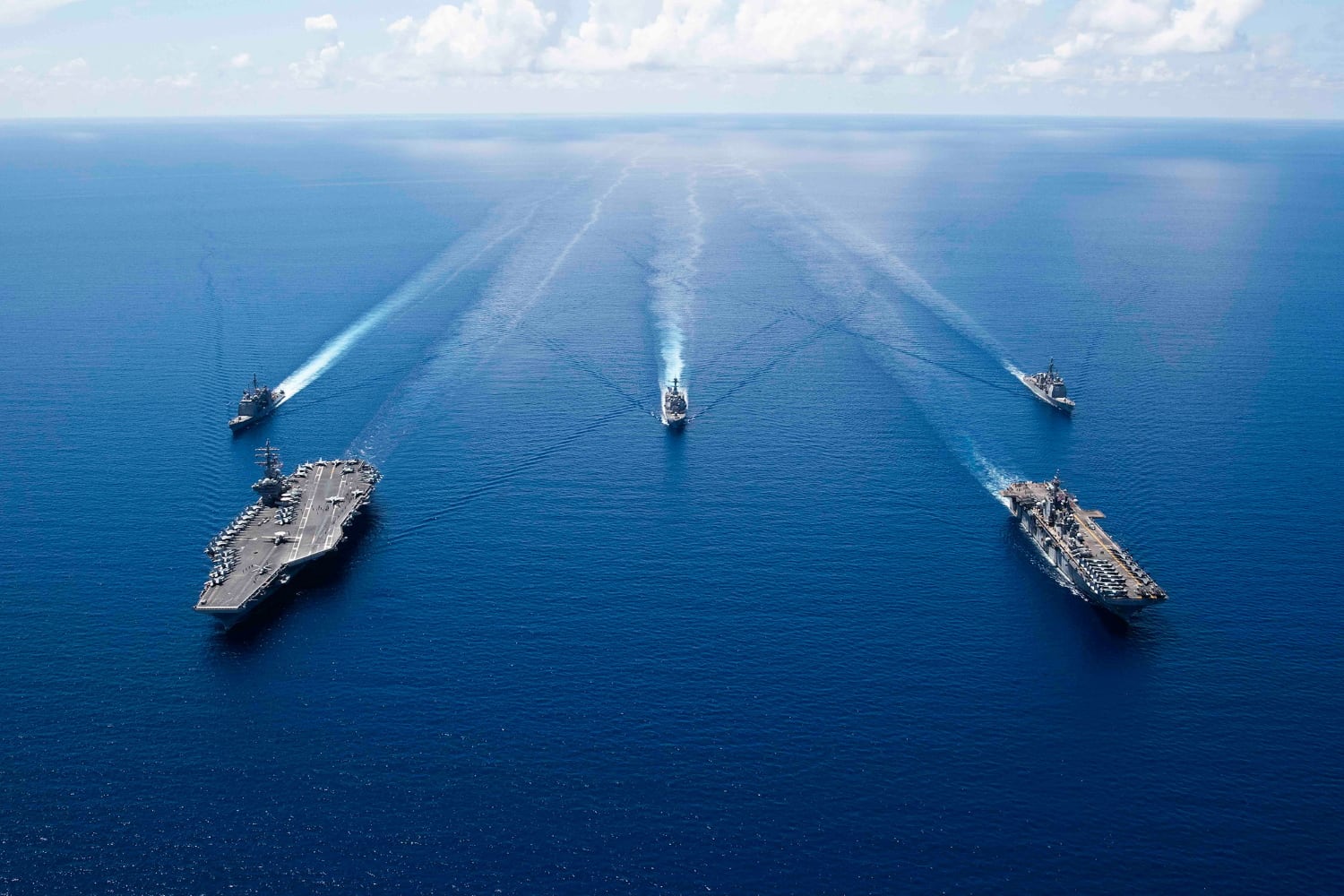What did Beijing know, and when did they know it?
The Chinese government’s mishandling of the early days of the COVID-19 outbreak is not in doubt, but the extent of it remains an open question. U.S. intelligence agencies are reportedly probing the possibility the novel coronavirus was accidentally released from a Chinese virology research facility. Whatever such investigations find, what seems clear now is Beijing propagandized, suppressed whistleblower reports and misled the public about the severity of the illness, contributing to global viral spread. Would the U.S. outbreak be substantially different — would infections and deaths be fewer — had the unreformed authoritarians in Beijing been more transparent?
That question is increasingly answered with calls for an aggressive new posture by Washington toward China. Interest in “payback” is on the rise. The appeal of retribution for a crisis of this scale is obvious, but much of what its advocates propose is not prudent strategy for advancing U.S. security, prosperity and peace. Knee-jerk antagonism will not serve us well. It won’t solve our present problem of a pandemic, and it could stick us with worse troubles still.
Proposals vary for making China “pay.” Some, like boycotting the 2022 Beijing Olympics or more prominently labeling Chinese imports so Americans can eschew them for U.S.-made alternatives, are primarily symbolic but may have some limited economic effect. Others seek an exception to the Foreign Sovereign Immunities Act, which usually protects foreign states against U.S. lawsuits. That change would require legislative action, perhaps improbable in a divided Congress, and the lawsuits would be unlikely to succeed. These suggestions thus mostly amount to political theater.
More common — and more dangerous — is the push for instituting a sanctions regime on China, perhaps in the vein of the Trump administration’s counterproductive, risky “maximum pressure” campaign against Iran, which has much in common with its approach to North Korea. This is a disastrously wrongheaded plan.
Maximum pressure has proven a failure when applied to Tehran and Pyongyang. It was doomed from the beginning because both target regimes that believe resisting U.S. coercion is vital to their survival. In each case, maximum pressure has precluded productive diplomacy; fostered provocative behavior (regional troublemaking by Iran and weapons testing by North Korea); had harsh humanitarian consequences for innocent citizens already subject to harsh rule; and trapped the U.S. in an escalatory cycle in which long-term deterrence and stalemate may be the least bad option.
RELATED

In U.S.-Iran and U.S.-North Korea relations alike, maximum pressure has moved us further from the outcomes Washington wants. It would do the same if applied to Beijing — and antagonistic relations with China are a very different matter than with Iran or North Korea.
While not a peer, China is a rising power with nuclear weapons, and it has made substantial military investments (especially in domestic and defensive capabilities). Unlike these smaller nations — let alone the mostly nonstate actors Washington has wasted the last two decades fighting in the Middle East — China could pose a true threat to the United States were our government reckless enough to move toward war. So while China hawks have tended to avoid explicit calls for war, their determination to brand Beijing the “largest state sponsor of pandemics” and punish it accordingly must be seen for the risky and probably futile tactic it is.
Washington should certainly make changes to our foreign policy, which are more urgent in response to this pandemic. It should stop wasting precious resources on unnecessary and aimless wars across the Mideast and North Africa. It should make realistic diplomacy central to U.S. engagement abroad, instead of attempting to police the world. But to imagine Beijing will be cowed into compliance by U.S. sanctions is either naive or delusional.
Such impulsive payback schemes will do nothing to curb the spread of future pandemics. (Will an angry, defensive, poorer Beijing be more likely to share information critical for a vaccine? Or more transparent with us when the next virus emerges?). In fact, it could plunge us into a new Cold War. Escalating tensions with China is not in our interest — especially not now.
Bonnie Kristian is a fellow at Defense Priorities and a contributing editor at The Week.








